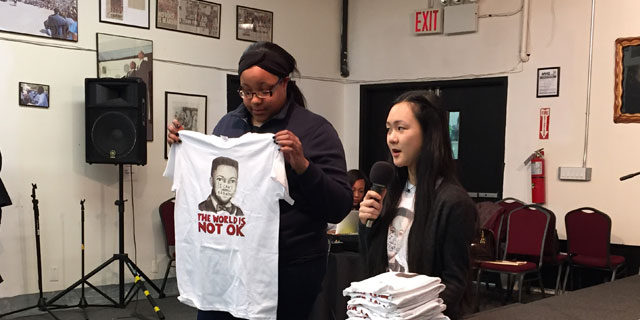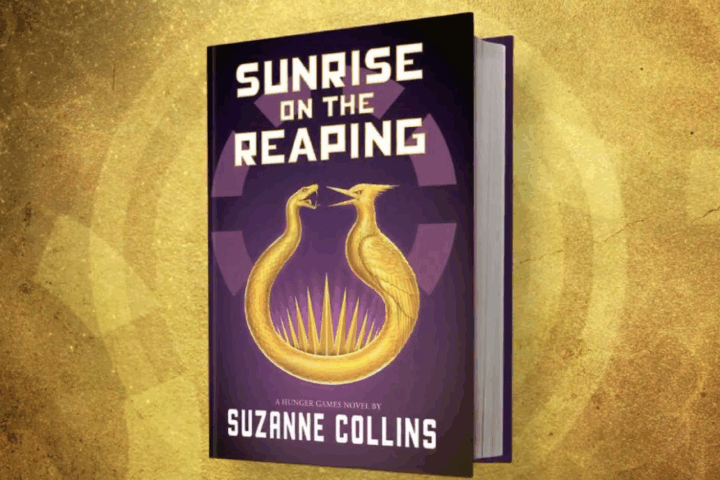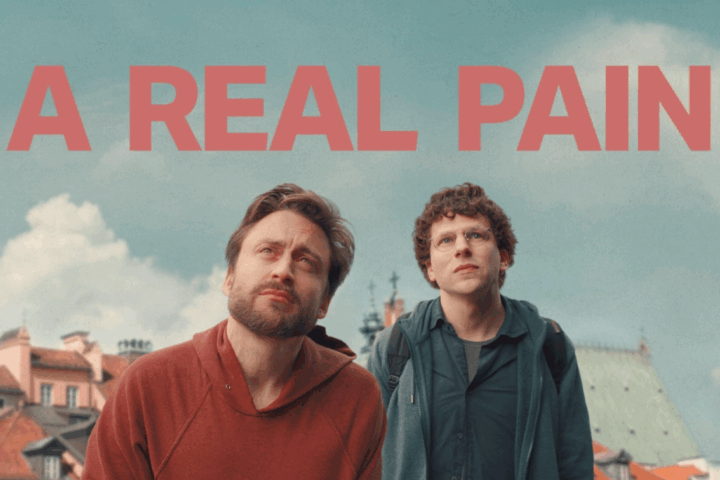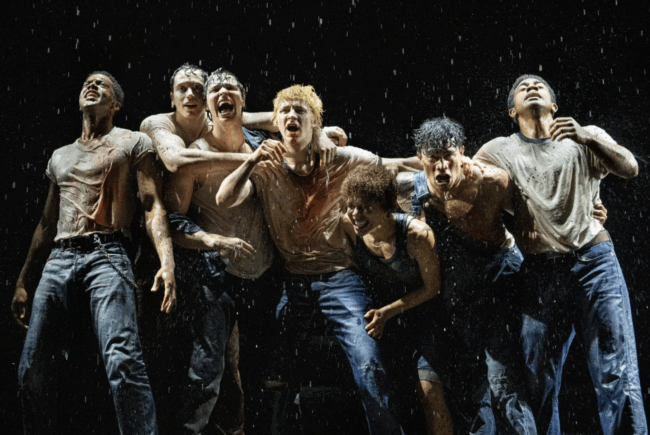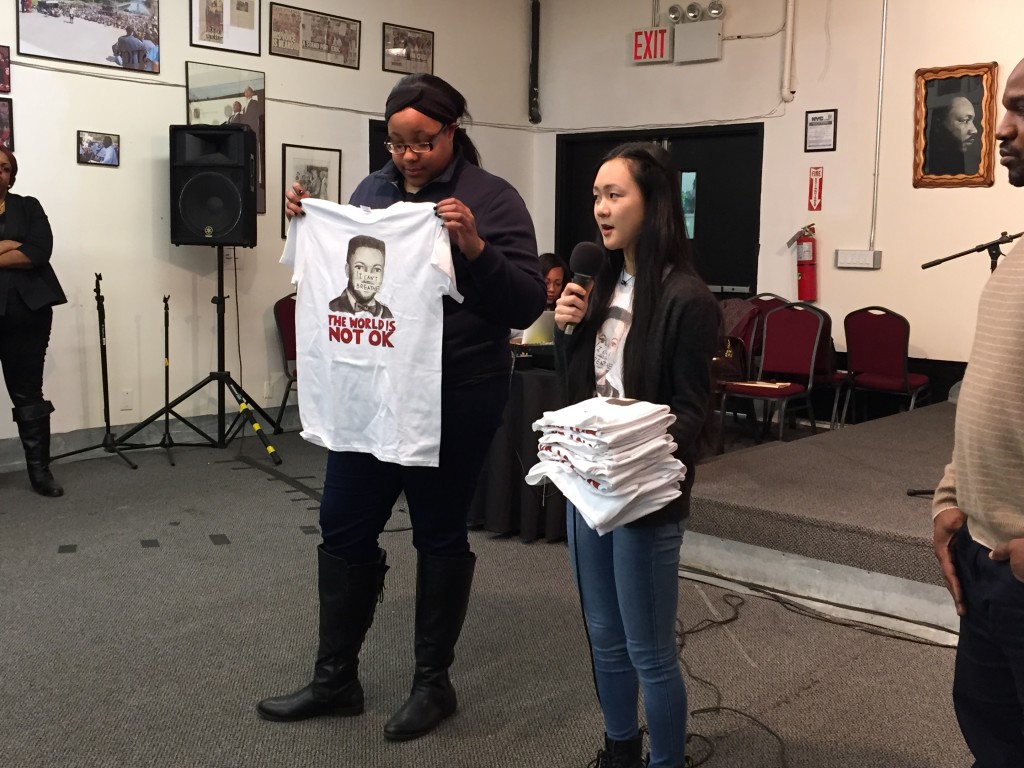
When Ocean Gao (VI) first saw the video depicting the violent choking death of Eric Garner, she was “shocked to the point of speechlessness,” she said. Later, when it was announced that the man responsible, Daniel Pantaleo, would not be indicted, “that mortification turned to anger and rage.” To calm herself, Ocean lost herself in art, resulting in a portrait of a high school-age Eric Garner.
Ocean was unwilling to sit by as this indisputable racism appeared over and over again. She knew that it was time for change, and thus began the “Garments for Garner” campaign.
“Garments for Garner” was an effort instigated by Ocean in which T-shirts were sold to raise money for Garner’s family after his death. She managed to raise roughly $3,282 for the family selling T-shirts, $2,182 of which came from the Fieldston community (the remaining amount was a product of a variety of sales).
On January 12, Ocean presented T-shirts to Esaw Garner, Eric’s widow. Gao described this as “an incredibly moving experience,” saying that “in tears, Mrs. Garner expressed her gratitude to the Fieldston community.”
When asked about the future of “Garments for Garner,” Ocean pointed out that it was not just a fundraiser.
“Although the purposes of ‘Garments for Garner’ was to raise money for his family,” she said, “the fight for racial equity is not about one man, but about structural racism. I don’t know what is in the future of ‘Garments for Garner,’ but I hope that the institutionalized racism that Eric Garner’s case made apparent is not forgotten.”
“Garments for Garner” is an event that continues to move forward, and the opportunity still exists to buy a T-shirt. For Ocean, “Garments for Garner” is not only a way to make an effort in our community, but also to move our nation forward and away from racist ideologies.
“We are born into a society where racism is as prevalent as the air that we breathe,” Ocean said. “We cannot help but internalize racist thinking, including stereotypes, assumptions and judgments about others and about ourselves. However, we can decide whether or not we challenge this hegemonic thinking.”
The hope is that this decision will serve as an exemplar, and that the communities around us and the communities around others striving for change will spark a chain reaction.
“We cannot forget Eric Garner,” Ocean said, “and we cannot forget the lives lost at the hands of racism. It’s a bumpy road ahead of us, but we must continue the fight for racial equity.”

